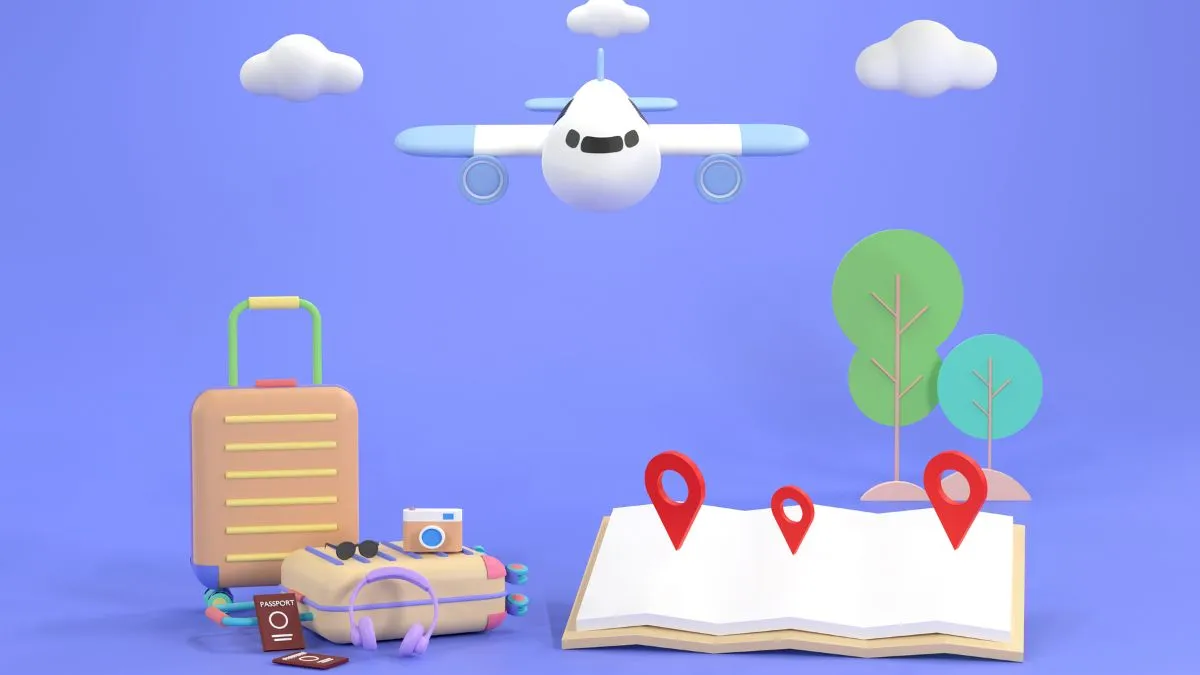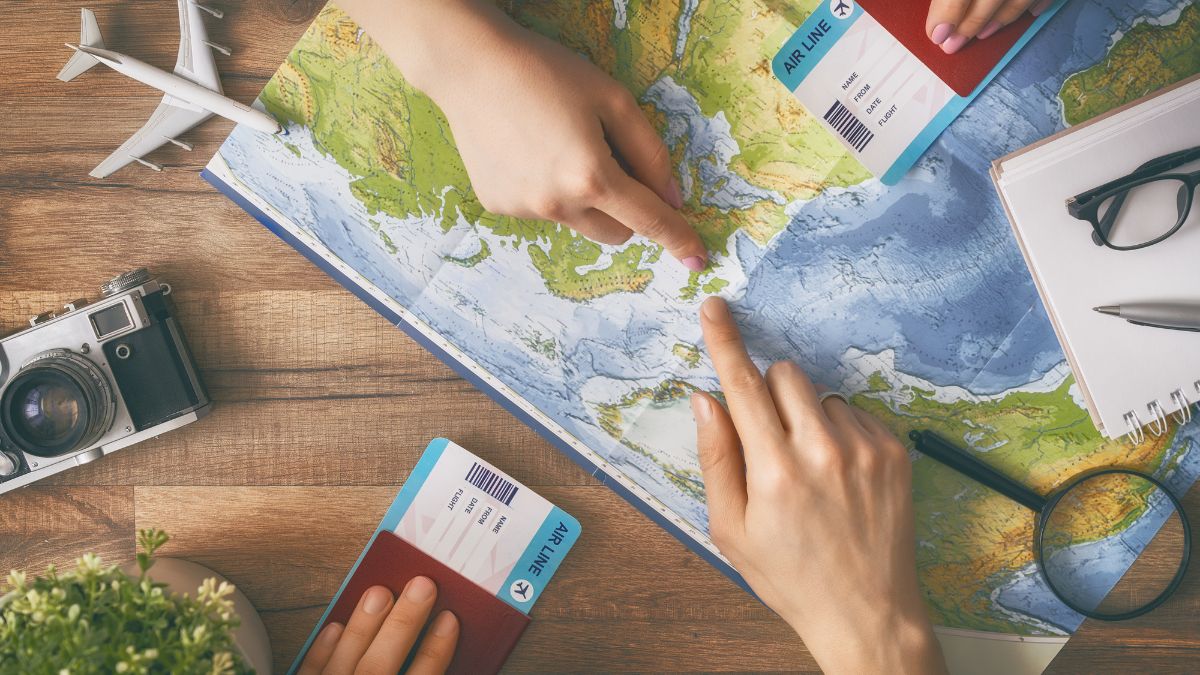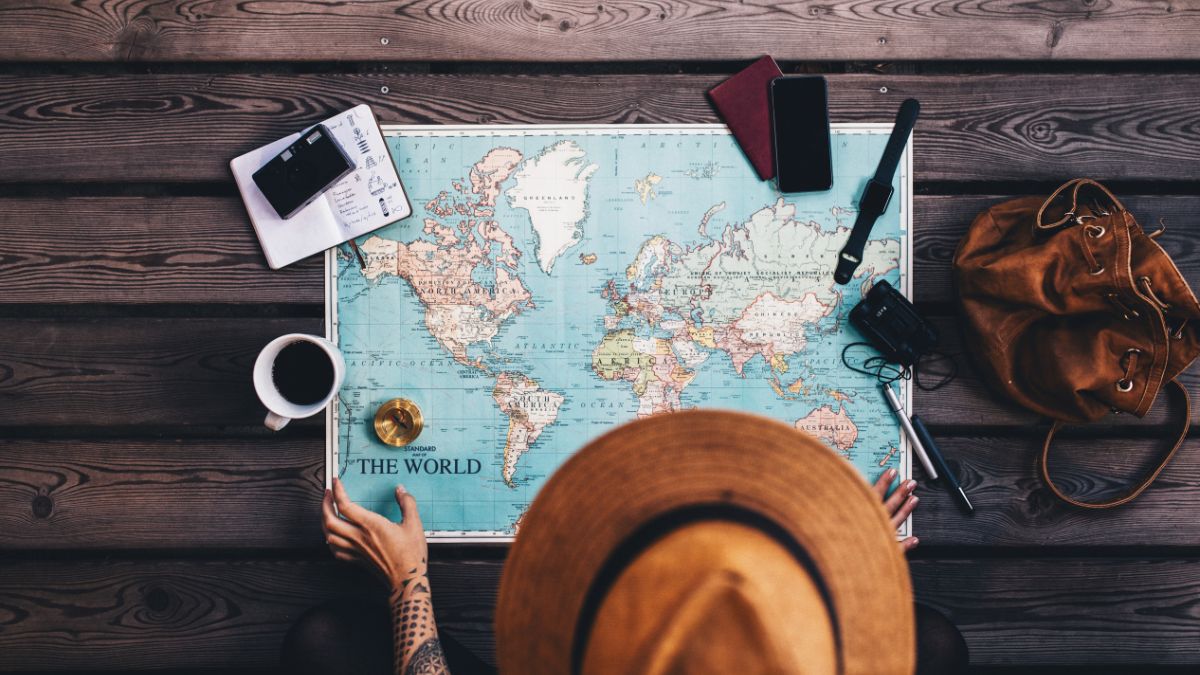
Imagine a vacation tailored to your every whim, where every moment is meticulously crafted to match your unique interests and desires. Welcome to the world of personalised planning, where the future of tourism is being rewritten. But is this bespoke approach the key to unlocking the industry's full potential? Let us understand with insights from Ruth Sargunam.
In today’s world of travel, the idea of “just going somewhere” isn’t enough. Travellers don’t want cookie-cutter vacations—they want stories worth telling and journeys that feel like them. And that’s exactly where personalised planning comes in. It’s not just a buzzword; it’s the heart of a movement that’s reshaping how we experience the world.

Let’s face it—travellers are no longer satisfied with a generic list of “top 10 things to do.” They’re asking deeper questions: What resonates with me? What will be a lifelong memory?
According to a report by Booking.com, 44% of global travellers want AI to recommend trips based on their past experiences. Skift Research found that 63% are more likely to book with brands that offer personalised touches. The message is loud and clear: people want to book with travel companies that understand them.
Google Travel Insights gives further credence to the trend—travellers now expect personalisable itineraries and real-time support as standard. And here’s a game-changer: Epsilon research reveals that 80% of customers are more likely to hit "book now" when the experience feels tailored just for them.
Gone are the days of one-size-fits-all. Today, travel is personal.
Whether it's a solo adventurer searching for spiritual renewal, a foodie couple chasing flavours across continents, or a family juggling the needs of every age group, people want trips that feel like a mirror, reflecting their passions, personalities, and pace of life.
Personalised planning transforms destinations into personal narratives. It’s not about checking off landmarks; it’s about creating moments that matter. That yoga session at sunrise on a quiet beach? That impromptu cooking class with a local chef? That’s what sticks.
Personalisation feels like magic, but it is powered by smart technology. Today, we live in a time where AI instantly picks up on your searches and social media likes, then offers suggestions that truly match your interests—it’s almost like it can read your mind.
Expedia Group is investing more than $1 billion annually in tech innovation, much of it aimed at personalisation. Airbnb’s “Categories” feature is another great example. It uses your online behaviour and local know-how to connect you with experiences that suit you best, whether it’s a cave residence in Greece or a beach shack in Costa Rica.
While what AI can do and does for us is lucrative, let us not rule out the human factor. No algorithm can substitute for the expertise of an experienced travel curator or local guide familiar with the pulse of their community, just as chefs, tastes, and tongues cannot be digitised. The most memorable experiences still come from that perfect mix of smart data and real-world know-how.
Personalisation has sparked a shift toward deeper, more meaningful travel, especially among younger generations. Studies by Expedia and Booking.com reveal that most millennials and Gen Z travellers prioritise experiences over possessions, favouring culturally immersive and community-focused journeys.

This has given life to other forms of travelling: agritourism, homestays, craft residencies, and voluntourism. Small villages and hidden towns, once overlooked, are now travel goldmines—not only for their beauty, but for the opportunity to engage, give back, and evolve.
Let’s talk business. Personalisation isn’t just great for travellers—it’s smart economics.
McKinsey reports that companies excelling at personalisation see 40% more revenue. In the travel world, this means more bookings, happier travellers, and customers who keep coming back. It’s also why niche travel services are booming—like travel agencies focused on neurodiverse travellers, apps built around hobbies, or curated subscription boxes for wanderers.
This isn’t just a trend; it’s a reinvention of the way the industry operates.
In the post-pandemic world, flexibility is non-negotiable. Travellers want the freedom to pivot plans when life changes—without losing the magic. Personalised platforms offering modular itineraries and instant rebooking are setting the new standard.
Travellers don’t just want convenience; they want confidence that their plans can evolve with them.
At its core, personalisation in travel isn’t just about choice. It’s about meaning.
We’re entering an era where travel is less about checking boxes and more about discovering yourself along the way. Personalised planning makes that possible—helping travellers design experiences that are intentional, transformative, and memorable.
The future of tourism isn’t necessarily high-tech or high-touch—it’s profoundly human. Because the best trips don’t just take you somewhere. They bring you closer to who you are.
If you liked this story, then please share it. To read more such stories, stay connected to HerZindagi.
Also watch this video
Herzindagi video
Our aim is to provide accurate, safe and expert verified information through our articles and social media handles. The remedies, advice and tips mentioned here are for general information only. Please consult your expert before trying any kind of health, beauty, life hacks or astrology related tips. For any feedback or complaint, contact us at [email protected].